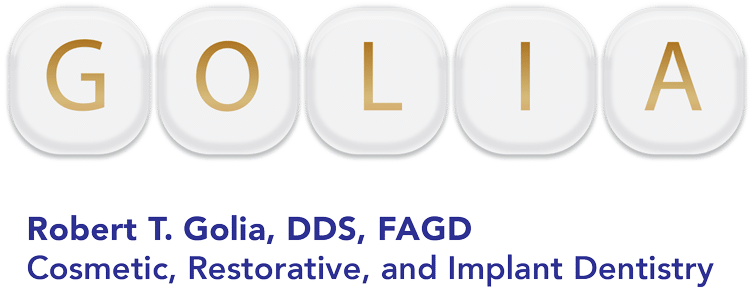Are you missing teeth or have decayed teeth beyond repair?
If so, it’s time to consider dental implant surgery.
Dental implants are an artificial alternative to missing teeth that look, feel, and function like natural teeth. When you undergo dental implant surgery, the implant acts as the root and is placed into the jawbone. Once implanted and fused to the bone, a crown is placed on top.
There are many benefits of dental implants, the main one being they can last a lifetime if cared for properly. How do you care for them right after surgery? And what can you eat after dental implant surgery?
Food to Eat After Dental Implant Surgery
Every dental implant surgery is different. Therefore, there’s not an exact timeline for the healing time and recovery process. Factors like how many dental implants were placed, whether or not the surgery required bone grafting, and the overall health of the patient are all determining factors for the healing process.
However, with any dental implant procedure, you can expect discomfort and some swelling. Most patients find that after a week, they can return to their normal routine. During these times, it’s important to eat the right foods. Here’s a quick list of ideas for what you can eat after dental implant surgery.
After surgery, it’s best to choose foods that are soft and don’t require a lot of chewing. This helps keep the dental implants in place, as well as helps avoid you biting your cheek or tongue due to numbing agents used. Foods to choose from include:
- Ice cream
- Applesauce
- Smoothies
- Protein Drinks
- Pudding
- Soups/Broth (nothing chunky)
- Mashed Potatoes
Depending on your unique situation, anywhere from four to seven days, you can start incorporating foods like:
Cooked Vegetables
- Eggs
- Pasta
- Pancakes
- Macaroni and Cheese
- Oatmeal
- Sweet potatoes
The goal for choosing foods to eat after dental implant surgery is to make choices that not only lessen the strain on your mouth but also provide key nutrients like Vitamin C and Vitamin D.
If you want to eat meat, it can be incorporated through ways like blending it with mashed potatoes or vegetables in a food processor. Moist meats like turkey and chicken, as well as soft-cooked fish like salmon, are easy to chew and are packed with nutrients.
Other Tips for Healing Quickly
Aside from avoiding certain foods and drinks, there are other things you can do to help the healing process. While healing time will vary based on your individual case, here are some guidelines to follow to ensure a speedy recovery.
Do Not Smoke, Use Tobacco Products, or Drink Alcohol – Any product with tobacco as an ingredient will impair your healing and possibly cause implant failure. Additionally, alcohol can also disrupt the healing process as the bone tissues grow around the small pores of the implant.
Do Not Skip Meals – After the first few days, you may feel discomfort, pain, and nausea. However, nutrition is required to keep you strong and healthy. It’s important to eat the meals listed above consistently so that you get enough nutrition throughout the day.
Do Not Exercise for Three Days – Typically, patients are told to avoid heavy exertion and exercise in general for three days or more. If you exert yourself too much, you’ll feel discomfort and even cause unnecessary bleeding.
Drink A Lot of Water – Drinking plenty of water after surgery helps keep you healthy and hydrated – two essentials for a quick healing process.
Establish a Routine for Oral Care – 24 hours after surgery, start rinsing your mouth with salt water. This needs to be done in the morning, before bed, and after each meal. Brushing is also advised, as long as you stay away from the surgical site.
Learn More About Dental Implants and The Healing Process from Golia Dental
If you’re ready for a healthier and happier smile, call 203-248-7400 today to schedule a consultation or request an appointment. We look forward to providing you with the safest tooth replacement option for you.

